Dinca Robert

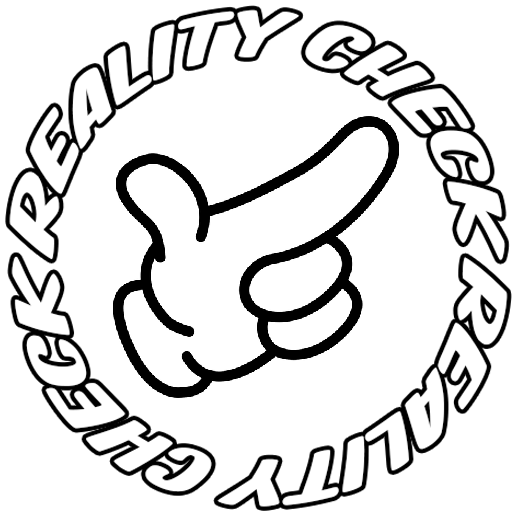
Reality Check Update
Every project you realize have good and bad sides.
This button change the perspective of this website, from showing only the upsides to also the bad sides of my projects.
I am a developer
who possess the following
Skills and Technologies
Programming languages
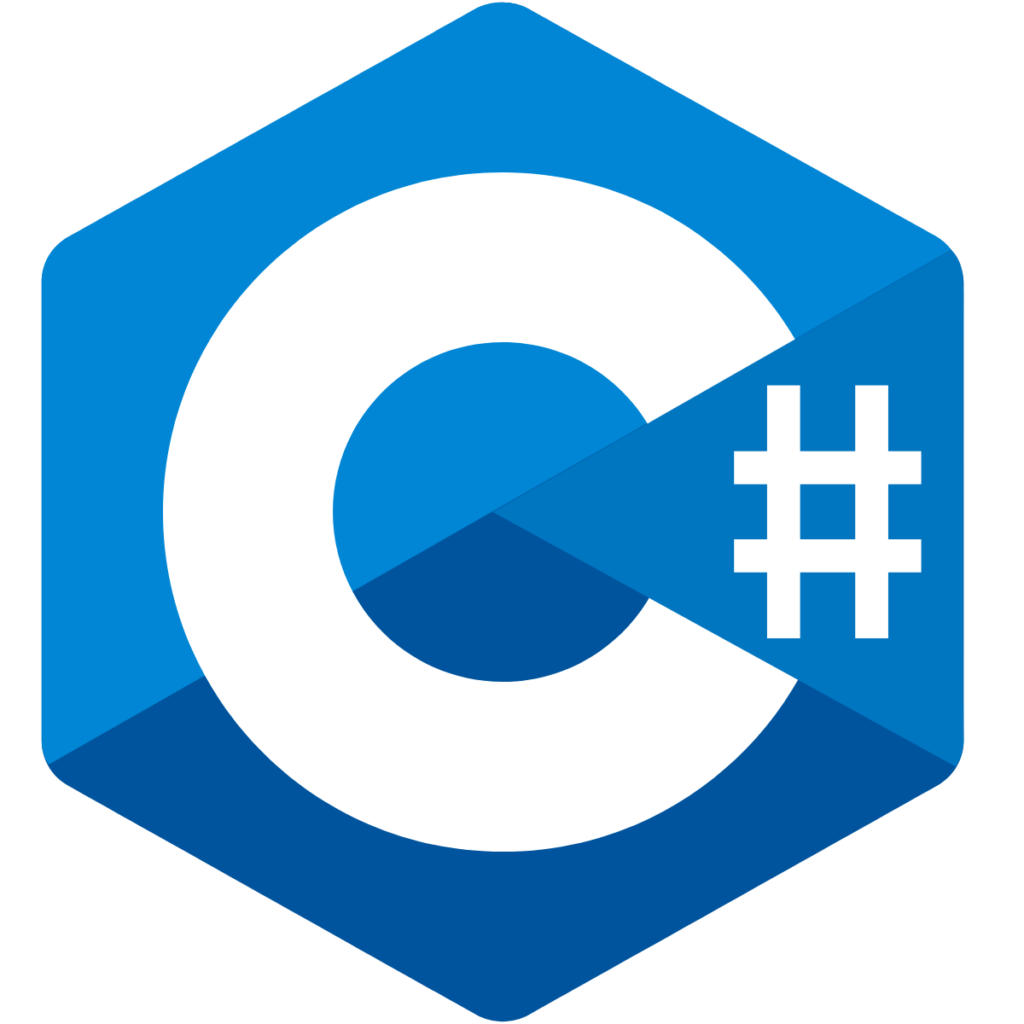
Used for games & windows aplications
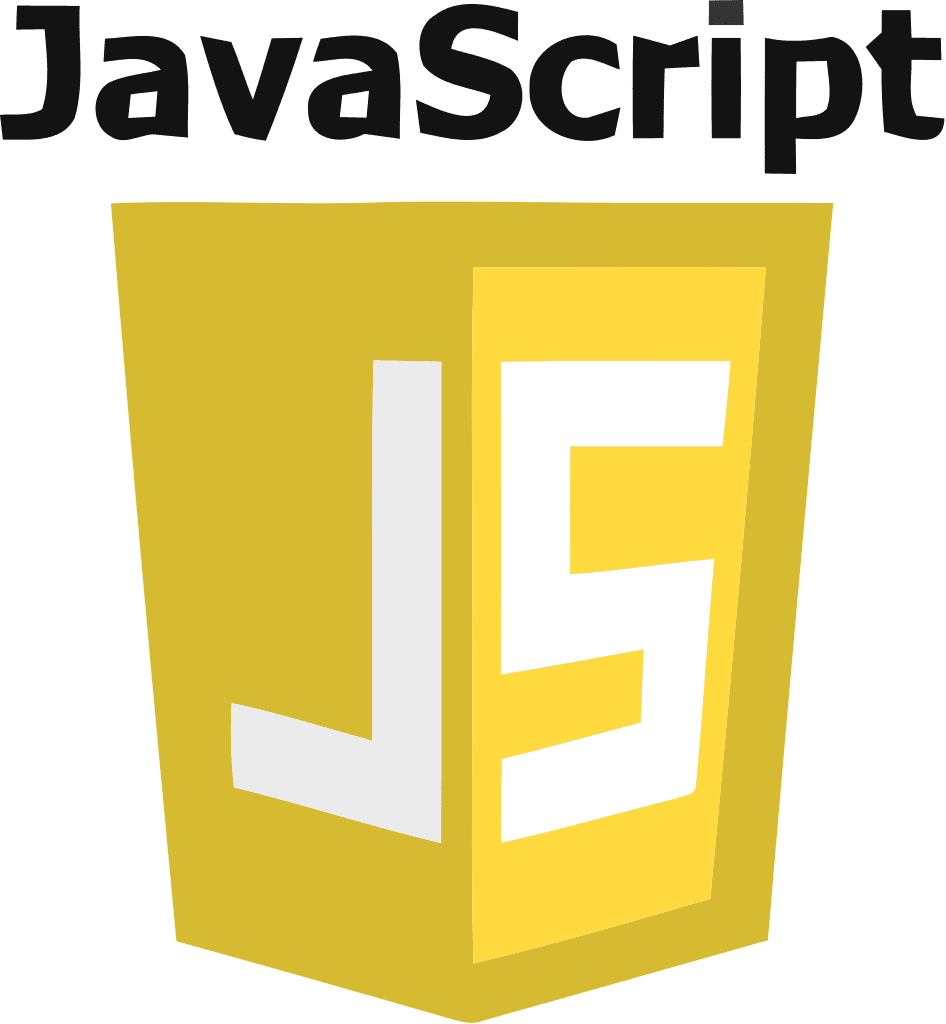
Used to give functionality to web apps
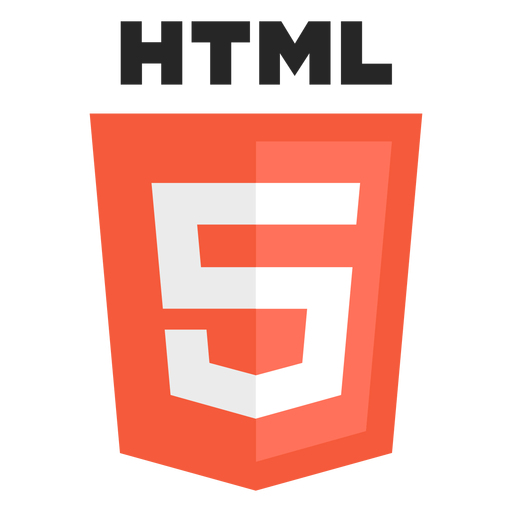
Used for giving the content of a website
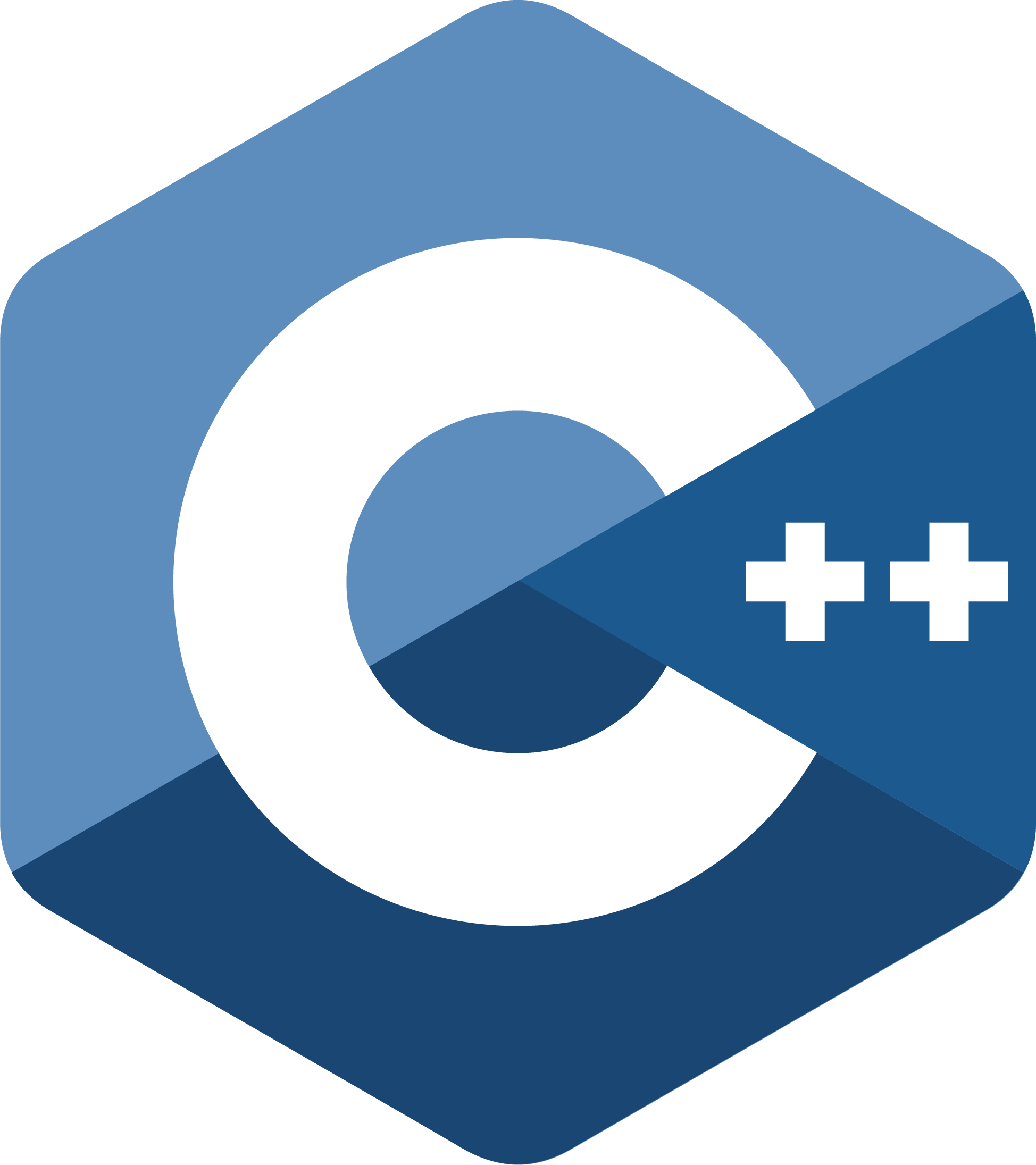
Used for algorithm solving & simple apps
Technologies and frameworks
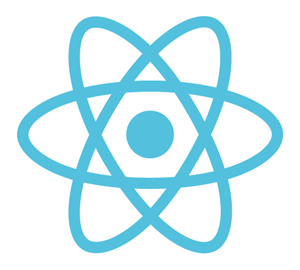
Used for modern front-end

Used for styling web apps

Used for creating games
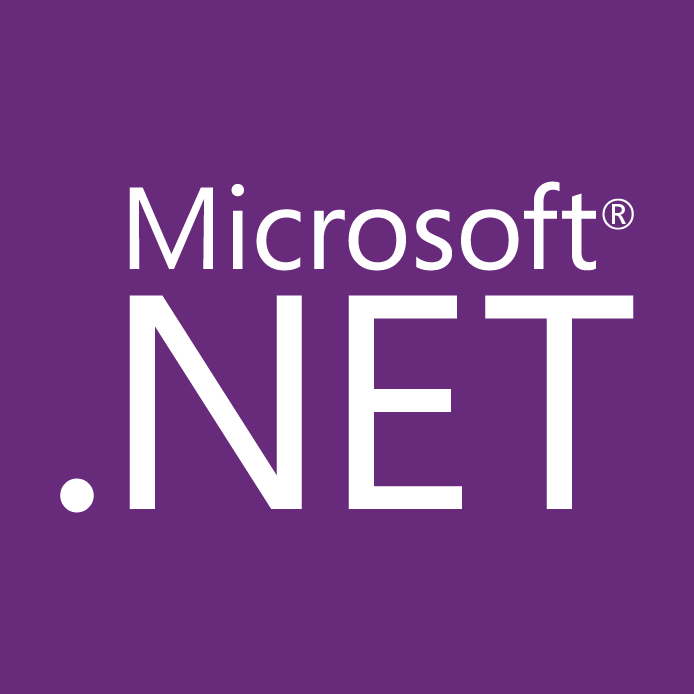
Used for windows applications
Experiece
Build over 15 projects so far

#react
#tailwindCSS
#javaScript
#axios
Style Hub
Style Hub is a dynamic e-commerce platform powered by React and styled with TailwindCSS, designed to provide a seamless and visually appealing shopping experience. Leveraging APIs...

#unity
C#
Geofy
Are you ready to put your geography skills to the ultimate test? Introducing Geofy, the new and exciting game that challenges you to guess the countries and counties of various lo...

#unity
C#
Fall In Maze
"Fall in Maze" is an exhilarating Unity game that combines puzzle-solving with gravity-defying challenges across 50 captivating levels. In this unique and engaging gaming experien...
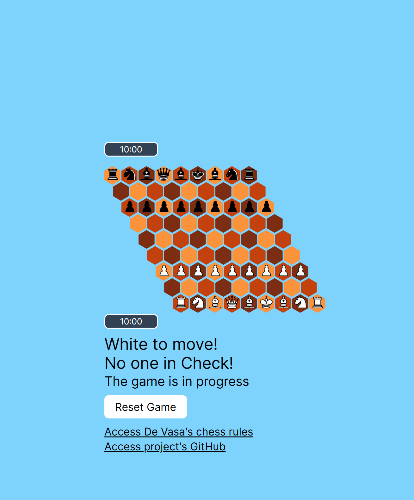
#next
#tailwindCSS
#javaScript
Hexagonal Chess
Istead of a table of squares, the game of chess now has to be played on a board of hexagons. With new movement pattern of the pieces which try to keep the way of movement in the re...
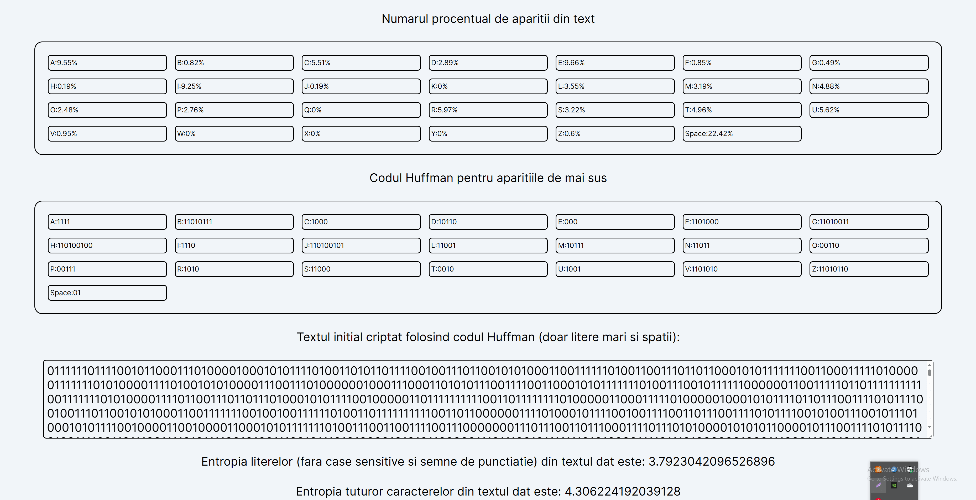
#next
#tailwindCSS
#javaScript
Entropy & Huffman Code
This is an calculator for the Shannon entropy of a given text and generates a Huffman code for your input. This application helps users to understand how encription works and give...
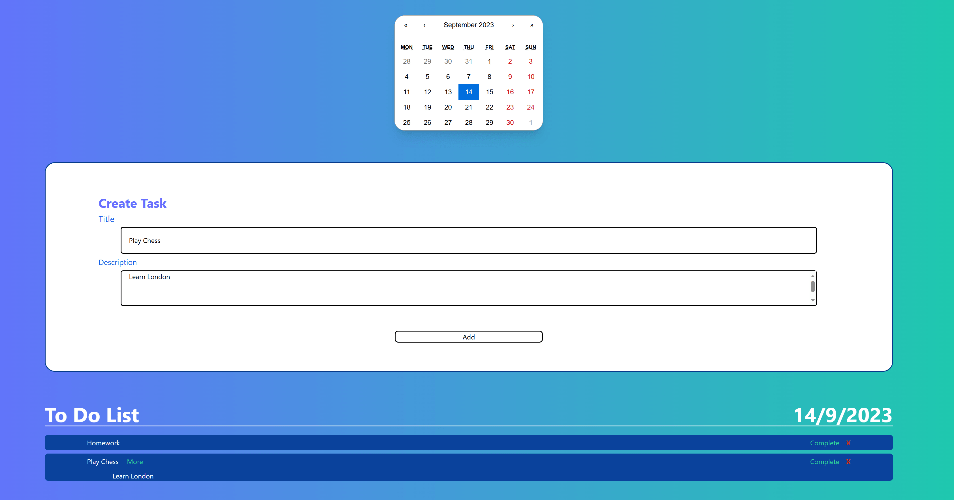
#react
#tailwindCSS
#javaScript
Advanced To-Do App
Introducing Advance To-Do App, your ultimate productivity companion! Advance To-Do App is a dynamic web application meticulously crafted with React and TailwindCSS, designed to...
Visit my github page
to see all my projects
Contact
for working oportunities
Relevant questions about myself and my work
1. What initially sparked your interest in pursuing a career in software development?
My fascination with software development dates back to my childhood, thanks to my uncle, who was a developer. Witnessing his ability to make computers bend to his will intrigued me. He recommended that I start tinkering with Scratch. From simple mini-games I experimented with a decade ago, I've evolved to create the website you're exploring today.
2. What programming languages and technologies are you most proficient in, and which ones do you enjoy working with the most?
I firmly believe that a well-rounded developer should possess a broad understanding of the programming landscape. Proficiency in multiple technologies is invaluable in navigating this vast industry. When it comes to my favorite language, I'd have to say it's C#. I find myself most at ease while coding in it, but adaptability is crucial. I'm equally prepared to work with JavaScript and C++, among others.
3. Can you share examples of some challenging projects you've worked on in the past and how you tackled the difficulties you encountered?
Every project I've undertaken has presented its unique set of challenges. While some issues required only a quick Google search to resolve, others demanded a complete redesign of the application. For instance, I faced the challenge of migrating from Unity's old monetization system to the new one for my initial game release. This transition improved analytics tracking and revenue generation significantly.
4. How do you stay up-to-date with the latest trends and technologies in the software development industry?
The internet's ubiquity makes staying current with the latest developments a breeze. Subscribing to tech newsletters, following individuals who promote emerging technologies on social media, and accessing comprehensive online documentation are all essential strategies in today's rapidly evolving tech landscape.
5. Describe your problem-solving process when faced with a complex coding issue or bug.
The key to effective problem-solving lies in identifying the root cause, comprehending the issue thoroughly, and having a clear vision of your desired outcome. Armed with these insights, you can tackle any problem with confidence. Don't hesitate to rebuild from scratch when necessary.
6. Do you have experience working in both front-end and back-end development? Are there specific areas you specialize in?
My expertise leans more towards front-end development, which I find particularly enjoyable. My journey into back-end development began with more complex projects that required robust databases.
7. Can you discuss any experience you have with version control systems like Git and collaborative coding using platforms like GitHub or GitLab?
My website includes links to my GitHub repositories, providing a seamless way to explore my projects and their source code. This demonstrates the invaluable utility of these platforms.
8. What software development methodologies (e.g., Agile, Scrum, Waterfall) are you familiar with, and which ones do you prefer working in?
While I'm relatively new to this area, I'm inclined towards adopting a Scrum methodology over others. I appreciate its concept of creating and testing incremental product releases.
9. Tell me about a time when you had to work on a team project. How did you contribute to the team's success, and what role did you play?
One memorable team project I participated in was a Hackathon challenge, where we developed a bot tasked with playing the game Snake. It was a 24-hour marathon of development, testing, and code refinement, akin to a turbocharged Scrum activity.
10. What is your approach to writing clean, maintainable code? Are there any coding principles or best practices you adhere to?
Simplicity and adhering to the Don't Repeat Yourself (DRY) principle are my guiding principles in the development process. When working as part of a team, writing clean and understandable code is imperative, ensuring that team members can grasp the intended logic easily.


